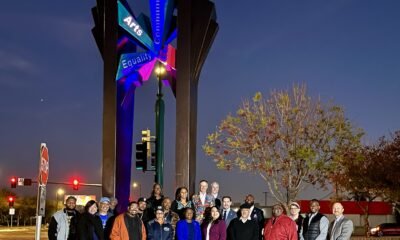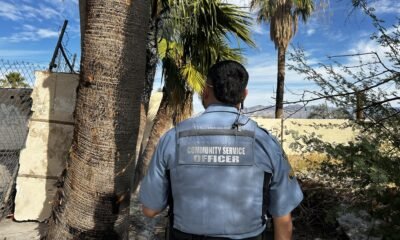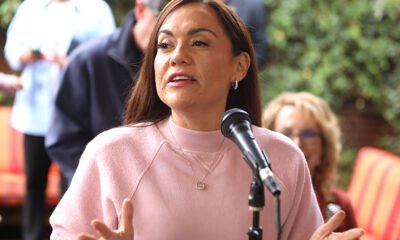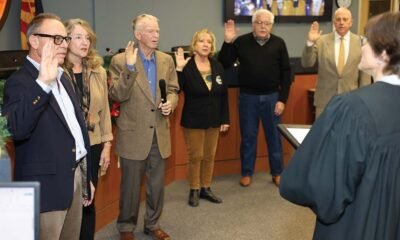arizona
Outgoing Cox Southern AZ VP Urges Community to Strive for Greater Progress
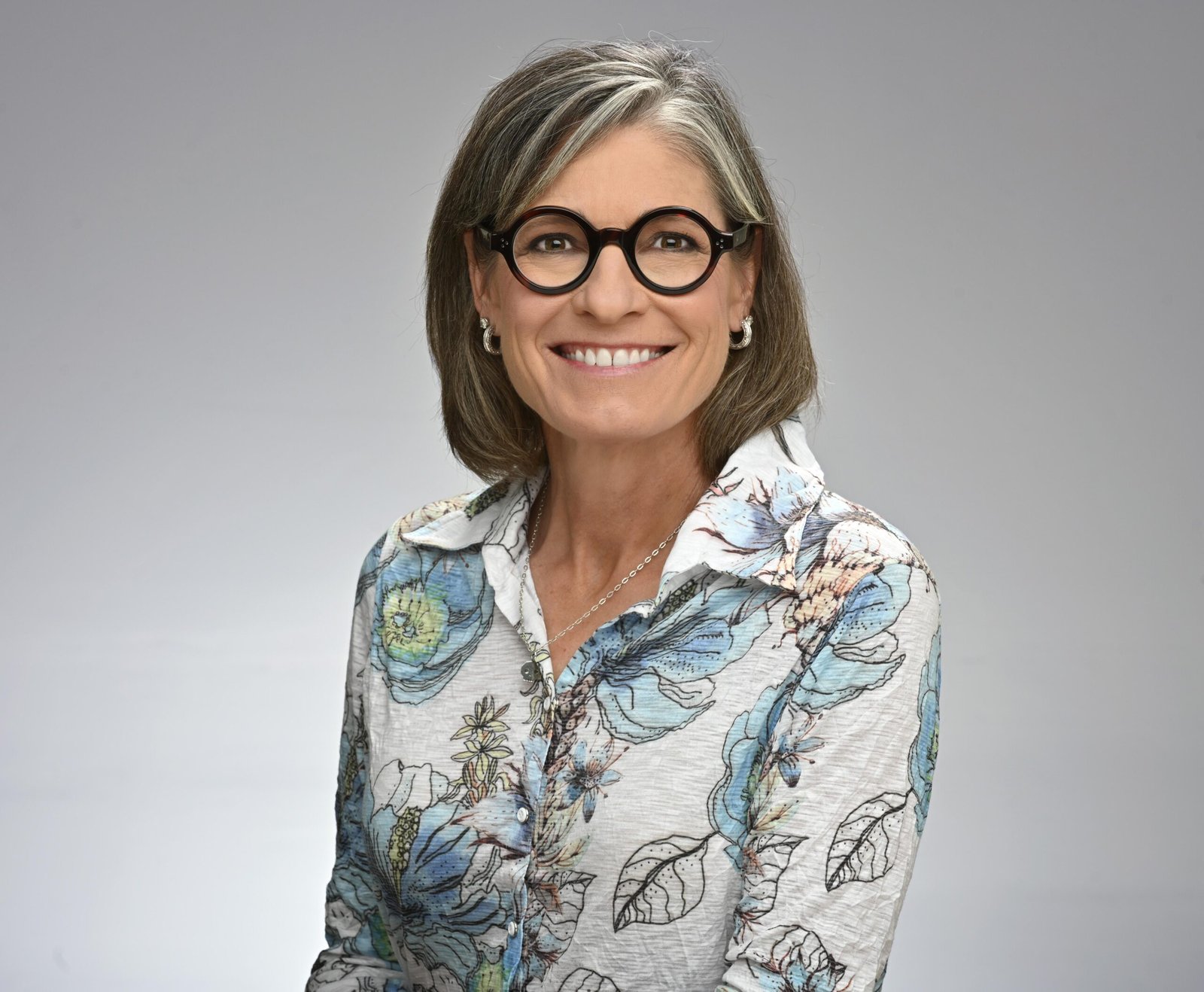
Cox’s Southern Arizona Market Vice President Lisa Lovallo has announced her retirement, effective at the end of December after a tenure of 17 years. Taking her place is Stephanie Healy, who has been with Cox since 2012. Lovallo’s leadership marked significant expansions into several communities, including Huachuca City, Douglas, Eloy, Sycamore Springs, Three Points, and Sierra Vista. Notably, she established a partnership with Sunnyside School District that gained national recognition.
Cox Southern Arizona Market VP Lisa Lovallo to retire at year’s end.
In a recent interview with the Tucson Sentinel, Lovallo highlighted her continuing involvement with the newly merged economic development agency, Sun Corridor, and Tucson Metro Chamber. She expressed excitement about spending more time with family and pursuing golf but noted she wouldn’t miss the “Sunday afternoon anxiety” that accompanies the workweek. “I feel totally fulfilled with what I have accomplished at Cox and the people I’ve met,” said Lovallo. “It’s time for me to turn the page.”
Reflecting on changes in the cable industry, Lovallo emphasized the rapid transformation over the past five years, particularly spurred by the COVID-19 pandemic. “The recognition of broadband networks’ importance to society has led to increased competition,” she remarked, noting a shift toward the necessity of reliable, low-cost options in the industry.
The landscape of local leadership is shifting as well. U.S. Rep. Raul Grijalva plans to retire, while Juan Ciscomani completes his first term. Lovallo acknowledged that new leadership presents a unique chance to foster collaboration between the business community and government, aiming for mutual advocacy rather than opposition.
Discussing the merger between the Metro Chamber and Sun Corridor, Lovallo revealed it involved considerable due diligence and stakeholder consultations. She sees this merger as an opportunity for the business sector to unify and advocate effectively. “We need to speak with one voice and align on crucial issues,” she stated, aiming to enhance community impact while maintaining the chamber’s advocacy role.
When comparing economic models, Lovallo observed cultural differences between Tucson and Phoenix. “Tucson emphasizes diverse voices and community improvement over mere representation,” she asserted, indicating a collaborative spirit among the local business community.
Addressing the economic health of Tucson, Lovallo gave the community a solid B grade, citing challenges like housing affordability and childcare costs. Despite these hurdles, she observed that businesses are functioning reasonably well, with employment rates stable and wage growth evident. “We must creatively approach these significant challenges for a better quality of life,” she urged, emphasizing the University of Arizona’s potential role in local economic development.
Lastly, Lovallo critiqued local governments for not adapting sufficiently to technological changes that impact the economy. She called for closer collaboration between the city and the business community to create productive partnerships and trust moving forward. The necessity for understanding and cooperation was regarded as paramount for future improvements in quality of life within Tucson and Pima County.
